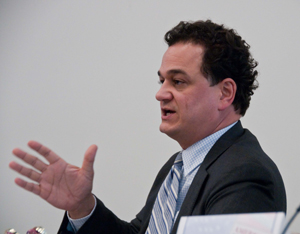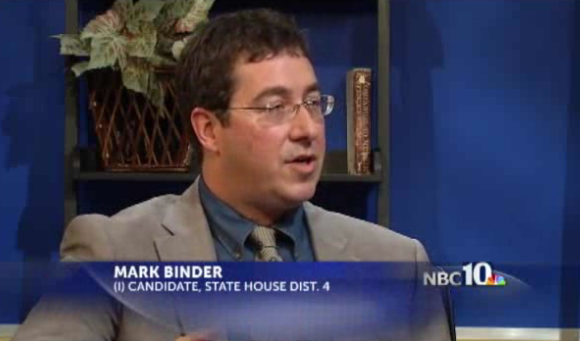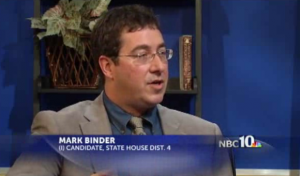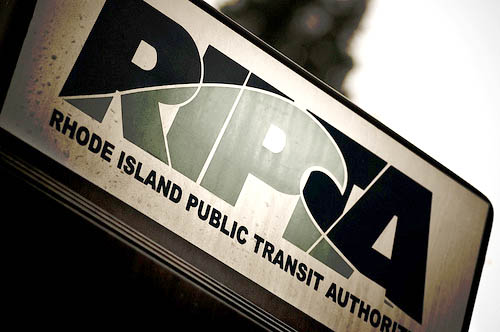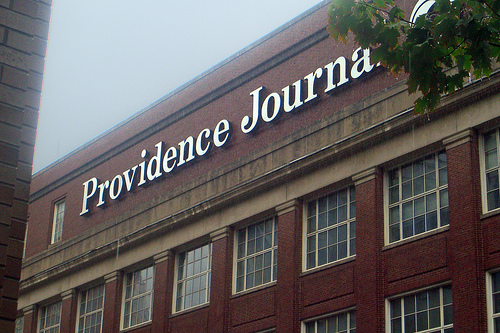
The idea that Rhode Island’s government is good at picking business winners and losers is bankrupt—even setting aside 38 Studios. While cutting taxes and offering incentives may draw corporations, they flee when publicly funded freebies are withdrawn or lowballed by another state (see Bank of America, the “Superman” building, Metlife and CVS’s recent rumblings).
Here are three paradigms to transform our small state into a powerful commerce engine.
Environment is our advantage
Landscape is our natural resource, and it draws tourism. It’s taken 40 years to fix much of the industrial pollution. Putting the DEM’s environmental permitting in the hands of business interests is like asking the fox to watch the henhouse. Give DEM and local governments the ability and resources to maintain and improve our children’s environment.
Additionally, public transportation systems are crucial to 21st century viability. Borrowing money to fund road construction is insufficient. We must replace RIPTA’s funding formula so that bus, trolley and future light rail services can expand to meet growing demand, save energy and reduce CO2 emissions.
Invest in small, innovative and exportable
Providence isn’t just the Creative Capitol; the entire State of Rhode Island is an innovation magnet. Many of our artisans are small independent businesses that don’t show up on the economic radar.
More energy can be directed to encouraging, supporting and streamlining small and micro businesses, diversifying our portfolio.
At the same time, a new “Commerce Concierge” can be created to serve as a single point of contact to navigate the rocky waters of permitting and regulation, and then report back on roadblocks with proposed fixes.
Finally, promoting our “brand” as an international arts center will increase income at home as we export premium-designed work and draw tourists who will watch us create.
Improve public education, smartly
No educated person wants to send their child to a bad school. Not everyone can pay for private schools.
Instead of resisting the fact that we have so many school districts, let’s leverage it. Give local districts the power and the funding to choose how to best improve themselves. All schools need advanced tracks and most schools need supportive tracks. While standardized testing has identified flaws, it is not a panacea for correction. Allow teachers to adjust classes to suit the needs and abilities of their students. We also need to accept that growing up in poverty undermines education, and experiment with innovation to give everyone the opportunity to learn and succeed.
“Hey Mr. Buffet! I just heard about a beautiful place that’s filled with creative energy and has great schools… It’s called Rhode Island.”






